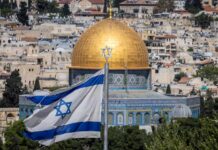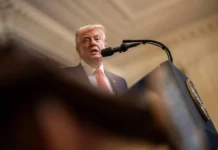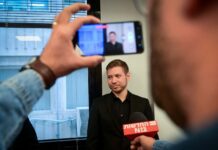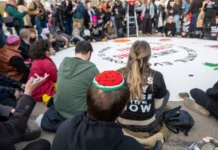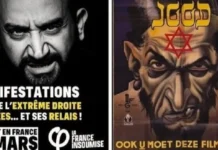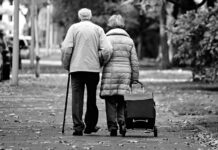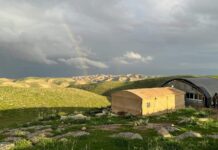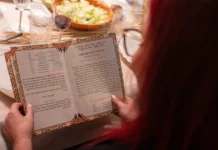As Holocaust survivors pass away, so, too, fades our most powerful defense against hatred: their stories. In a time when antisemitism is rising and historical distortion runs rampant, we must ask ourselves: Who will speak when the last witnesses are gone?
I am the granddaughter of Holocaust survivors. Their experiences shaped every part of my identity and worldview. My grandfather, too haunted to speak, held his pain in silence. My grandmother, more vocal, shielded me from the full brutality of her story, but even her carefully edited memories etched warnings into my conscience. Only after her death, when I listened to a full recording of her testimony, did I begin to grasp the scale of what she had endured while fleeing Poland as a child. Her voice trembled through the audio: “No one should know from it,” she would say. “Never again.”
Her story, and those of millions more, is not just history. It is a moral call to action.
We are living in a moment when that call must be answered. My children, barely teens, now ask whether they should hide their Stars of David in public. They feel the chill of a world that seems increasingly indifferent to their identity, or worse, openly hostile. The events in southern Israel on Oct. 7, 2023, were not just a geopolitical shock; it was a wake-up call for Jewish families across the globe.
And yet, I am one of the fortunate ones. In my community, Holocaust education is built into the school curriculum. But I know that is the exception, not the rule. In much of the country, students graduate with little understanding of the Holocaust beyond vague timelines or numbers. They do not know the names. They have not heard the voices.
That is why we must act, individually and collectively, to ensure those voices are not lost.
I serve as deputy national director of the Yad Vashem USA Foundation. Many people think of Yad Vashem in Jerusalem as a museum, but it is much more than that. It is a living archive, a global educational hub and the world’s central Holocaust remembrance center. Its collections span hundreds of millions of documents, photographs, recorded testimonies, and more than 14,000 works of art and countless artifacts entrusted by survivors and their families.
Still, awareness of Yad Vashem must grow. This must change. We need greater investment in programs that educate with empathy and accuracy. We need digital tools that can reach young people where they are. Above all, we need second- and third-generation descendants like myself to keep telling these stories with urgency and pride.
This work is not only about memory. It is about prevention. Holocaust distortion is surging on social media. Antisemitism is no longer hiding in the shadows. If we don’t take a stand now, we risk allowing history to repeat itself—first as indifference, then as denial, and ultimately, as violence.
Passover teaches us that every generation must see itself as having personally emerged from slavery. That lesson is not just ancient tradition but a framework for how we engage with history today. Telling the stories of Holocaust survivors is not only about honoring the past. It is about protecting the future.
So let us choose to remember. Let us educate with intention. And let us ensure that “never again” is not just a slogan, but a legacy we uphold through action.

